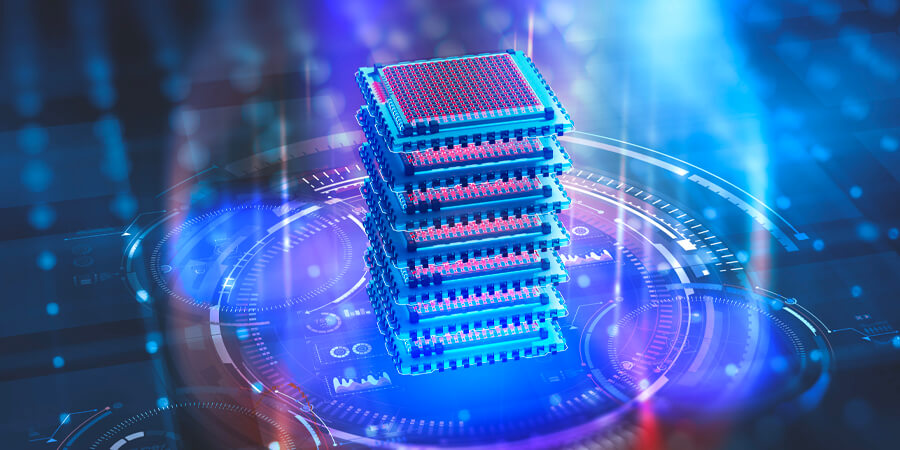Technology has become an integral part of our daily lives, influencing how we communicate, work, and interact with the world around us. At its core, technology refers to the application of scientific knowledge for practical purposes, especially in industry. This broad definition encompasses a wide array of tools, machines, systems, and processes designed to solve problems, enhance efficiency, and improve human life.
The Definition of Technology
The term “technology” originates from the Greek word “techne,” meaning art or skill, and “logia,” meaning study or discourse. This dual origin highlights two critical aspects of technology: the creative process of developing new tools and methods, and the systematic study of how these tools can be applied to enhance human capabilities.
In contemporary contexts, technology can be classified into several categories, including:
- Information Technology: Encompassing computers, software, networks, and databases, this area focuses on the storage, retrieval, and transmission of information.
- Communication Technology: This includes devices and platforms that facilitate communication, such as smartphones, social media, and video conferencing tools.
- Biotechnology: This field applies biological processes to develop products and technologies, including medical therapies, agricultural enhancements, and biofuels.
- Manufacturing Technology: Involving tools and processes for producing goods, this sector has evolved from manual craftsmanship to automated production lines.
- Environmental Technology: Focusing on sustainable practices, this area develops solutions to reduce environmental impact, such as renewable energy systems and waste management technologies.
The Impact of Technology on Society
The impact of technology on society is profound and multifaceted. It has revolutionized industries, transformed economies, and changed the way we interact with one another.
Economic Transformation
Technology has driven significant economic growth, particularly in the last few decades. The rise of the digital economy, characterized by e-commerce, online services, and digital currencies, has created new business models and opportunities. Automation and artificial intelligence have enhanced productivity, allowing companies to operate more efficiently and reduce costs. However, this transformation also presents challenges, such as job displacement and the need for reskilling the workforce.
Social Change
On a social level, technology has reshaped how we communicate and connect. Social media platforms have enabled individuals to share their thoughts and experiences instantly with a global audience, fostering a sense of community but also contributing to issues like misinformation and cyberbullying. Video conferencing tools have made remote work and virtual collaboration commonplace, breaking down geographical barriers.
Health and Medicine
In healthcare, technology has revolutionized diagnosis, treatment, and patient care. Telemedicine allows patients to consult with healthcare providers from the comfort of their homes, increasing access to care. Advanced medical imaging technologies enable early detection of diseases, while wearable health devices empower individuals to monitor their health proactively.
Education and Learning
Technology has transformed education through online learning platforms and educational apps, making knowledge more accessible than ever. Students can engage with interactive content, participate in virtual classrooms, and collaborate with peers worldwide. However, this shift also highlights the digital divide, as not everyone has equal access to the necessary devices and internet connectivity.
Future Trends in Technology
As we look to the future, several emerging trends are poised to shape the next phase of technological development.
Artificial Intelligence and Machine Learning
AI and machine learning are at the forefront of technological innovation. These technologies enable machines to learn from data and improve their performance over time. From personalized recommendations in e-commerce to autonomous vehicles, the applications of AI are vast and varied.
Internet of Things (IoT)
The IoT refers to the network of interconnected devices that communicate and share data. This technology is transforming industries by enabling smarter cities, efficient supply chains, and enhanced home automation. As IoT devices proliferate, the potential for data-driven decision-making will expand significantly.
Blockchain Technology
Blockchain technology, primarily associated with cryptocurrencies, offers a decentralized and secure method of recording transactions. Its potential extends beyond finance, with applications in supply chain management, healthcare, and digital identity verification. By ensuring transparency and security, blockchain can revolutionize various sectors.
Virtual and Augmented Reality
Virtual reality (VR) and augmented reality (AR) are changing the way we experience digital content. These technologies provide immersive experiences in gaming, training, and even therapy. As hardware becomes more affordable and accessible, the potential applications for VR and AR will continue to grow.
Learning
In conclusion, technology is a dynamic and ever-evolving force that shapes our lives in countless ways. From enhancing communication and healthcare to transforming industries and economies, its impact is profound. As we navigate the challenges and opportunities presented by technological advancements, it is essential to approach these changes thoughtfully, ensuring that technology serves to enhance the human experience and promote a better future for all. As we stand on the brink of further innovations, our ability to adapt and harness technology will define the next chapter of our collective journey.


